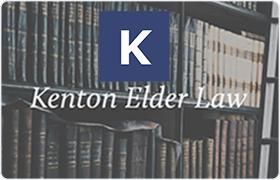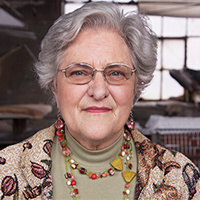Sharpsburg Estate Lawyer, Kentucky
Sponsored Law Firm
-
 x
x

Click For More Info:
-
Kenton Elder Law
713 College Rd Paris, KY 40361» view mapEstate Law Helping Generation After Generation
Kenton Elder Law works with families to ensure smooth financial transitions and long term care arrangements as older adults move into later stages of life.
800-932-7301
Carolyn Lips Kenton
✓ VERIFIEDEstate
Carolyn Kenton founded Kenton Elder Law to continue her work with legal issues of the older client. A former partner in Bluegrass Elderlaw PLLC and a ... (more)
Alan B Peck
Wills & Probate, Corporate, Business Organization, Banking & Finance
Status: In Good Standing Licensed: 56 Years
Farrah Williams Ingram
Real Estate, Estate Planning, Family Law, Insurance
Status: In Good Standing Licensed: 22 Years
 Carolyn Kenton Paris, KY
Carolyn Kenton Paris, KY Practice AreasExpertise
Practice AreasExpertise

